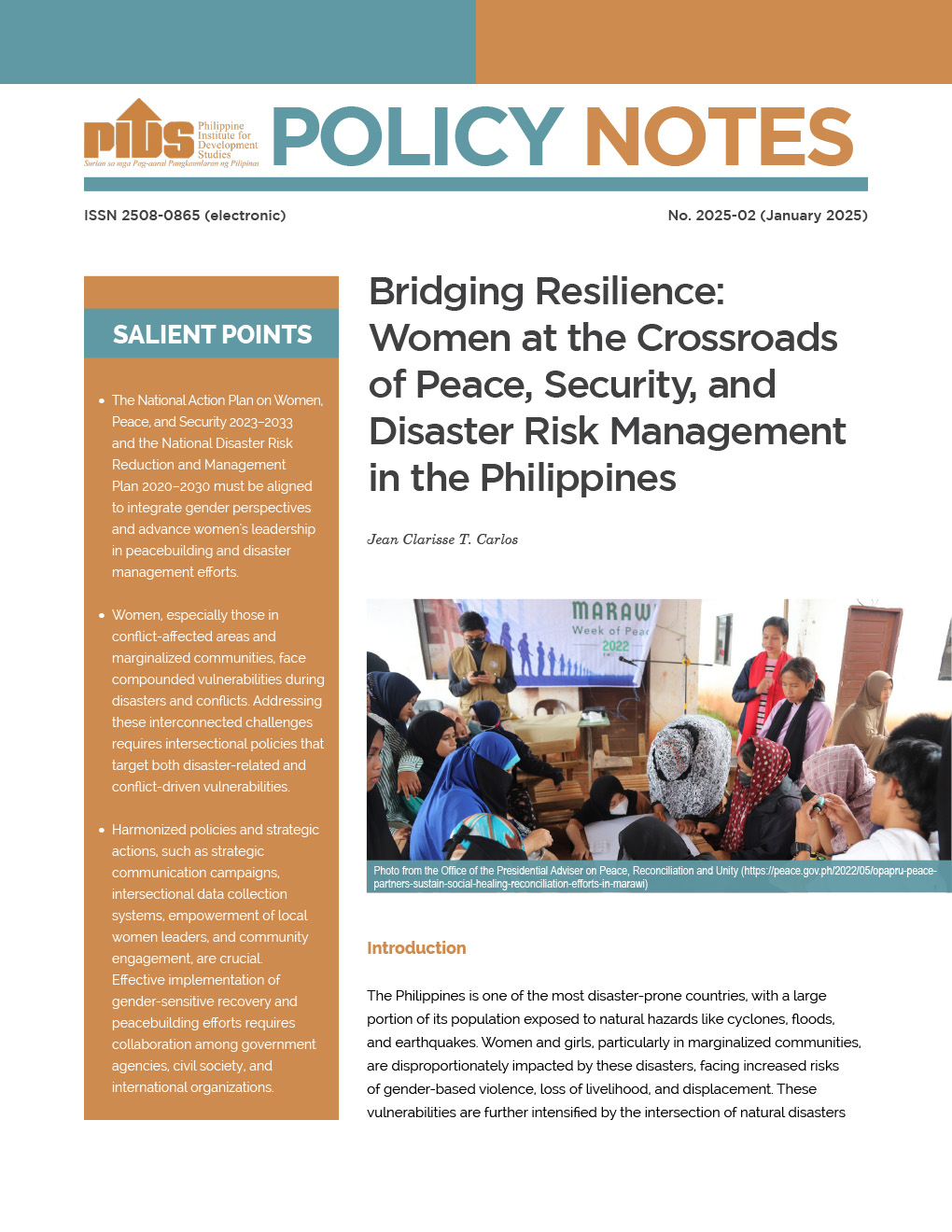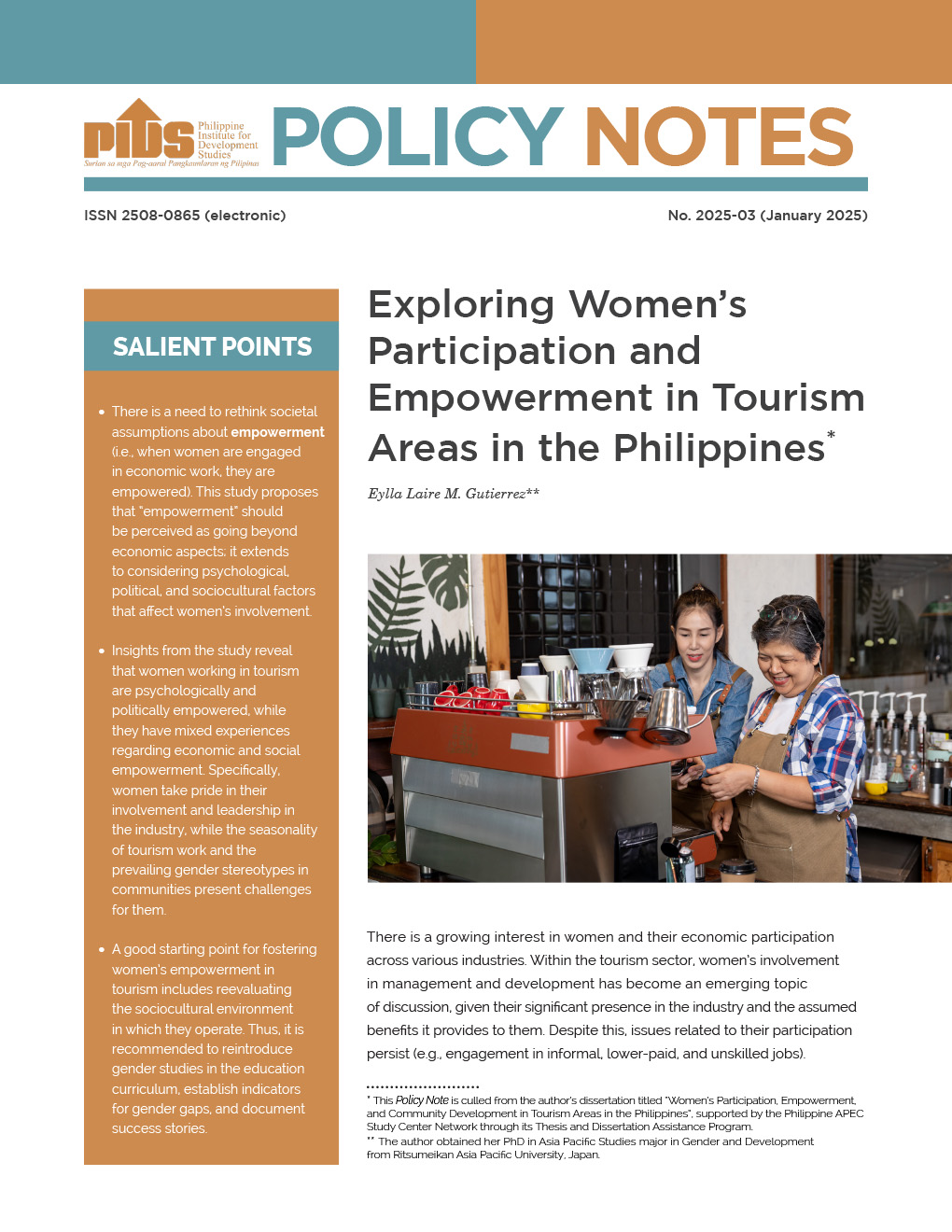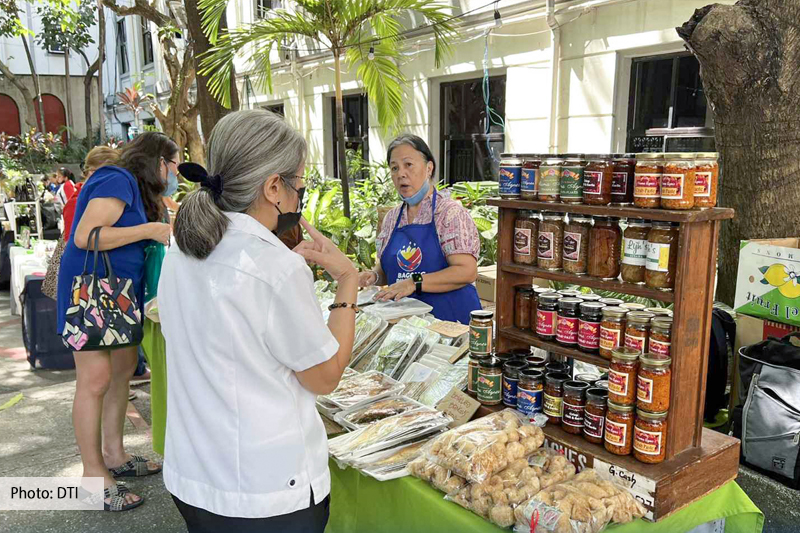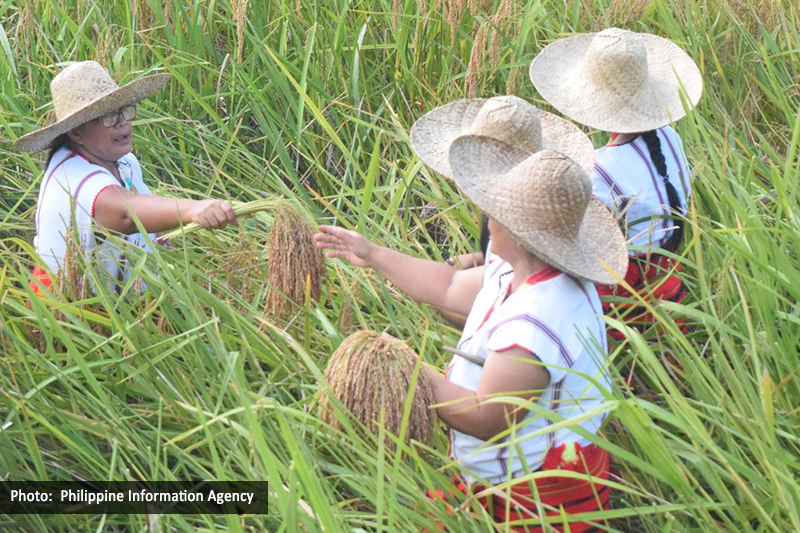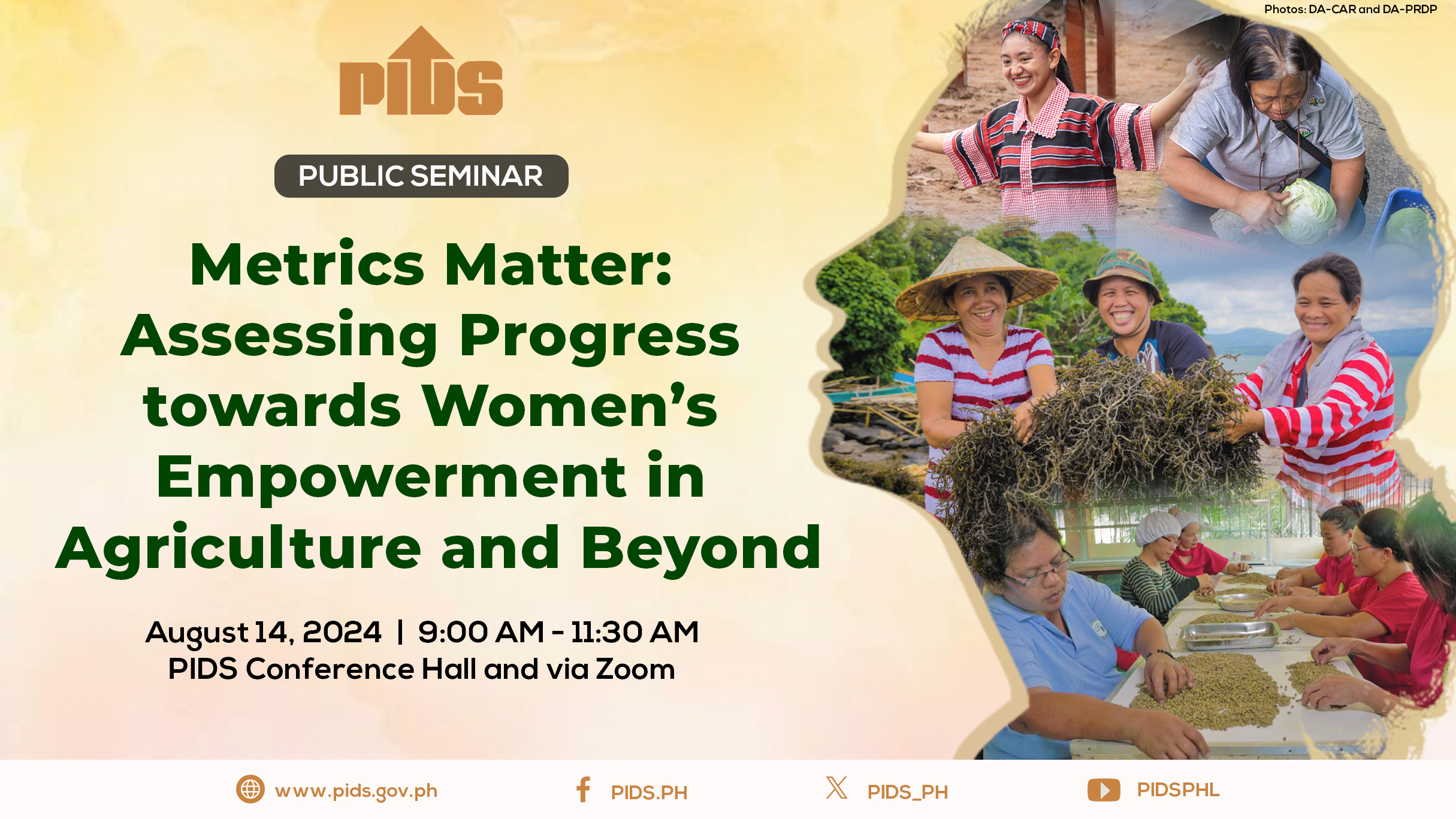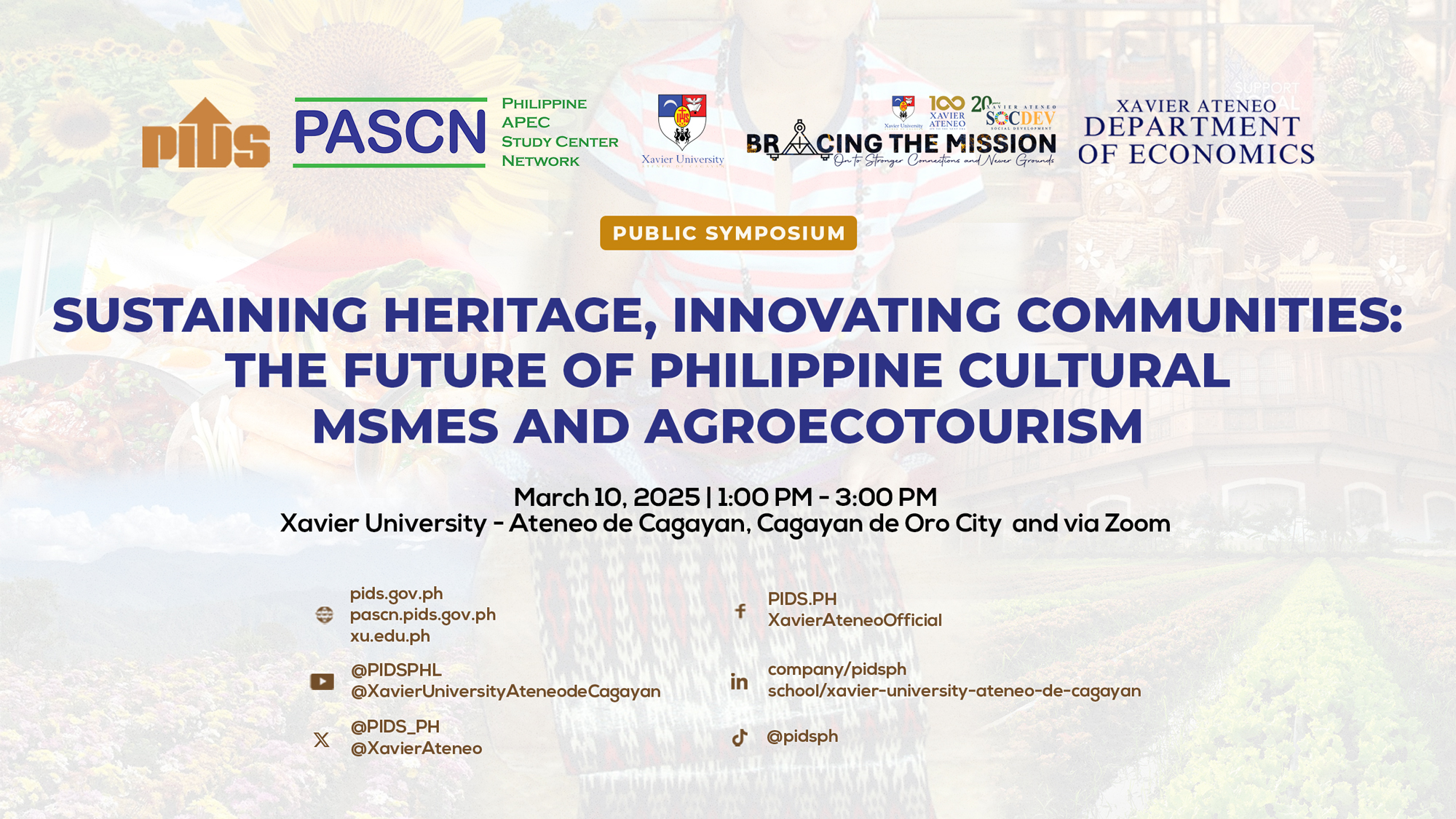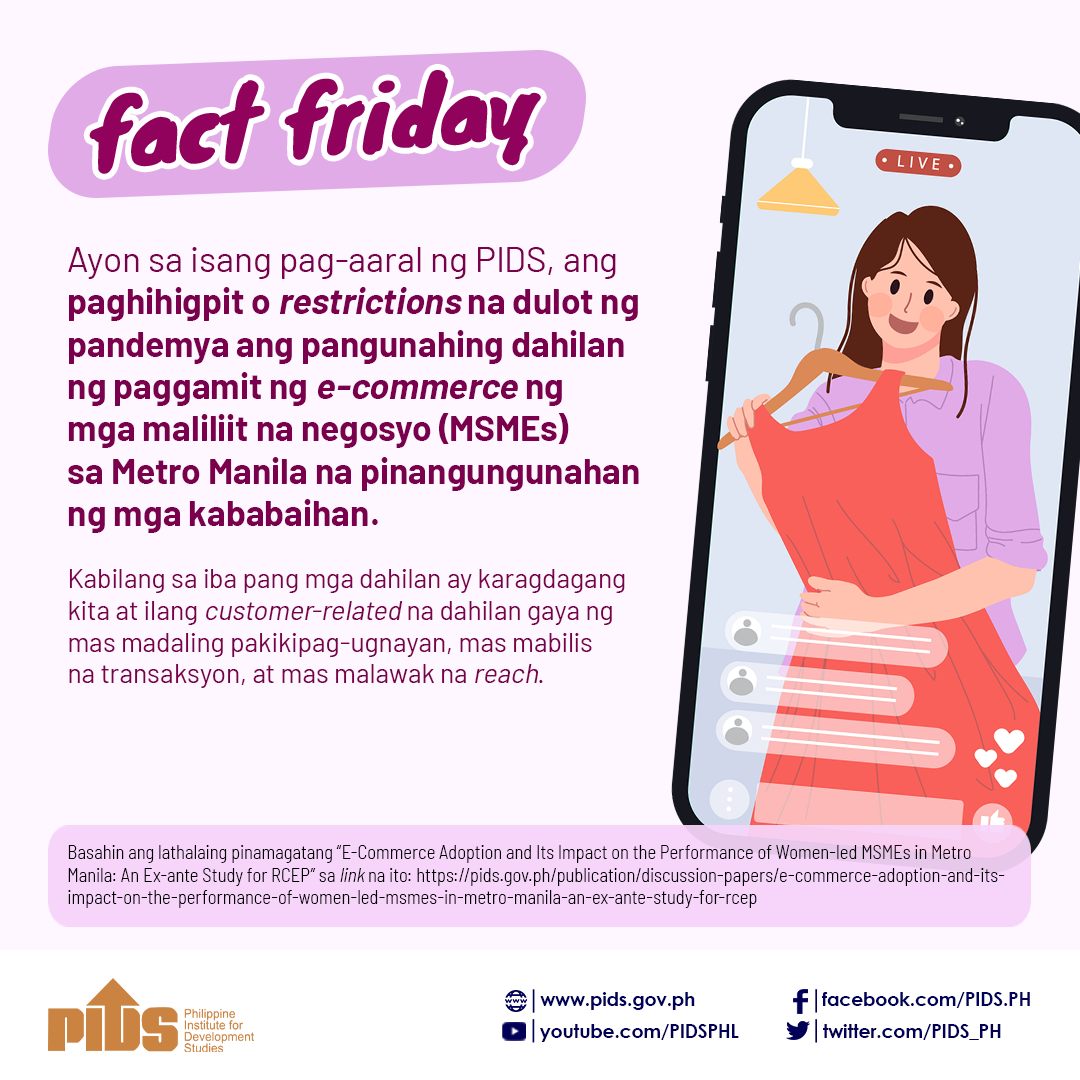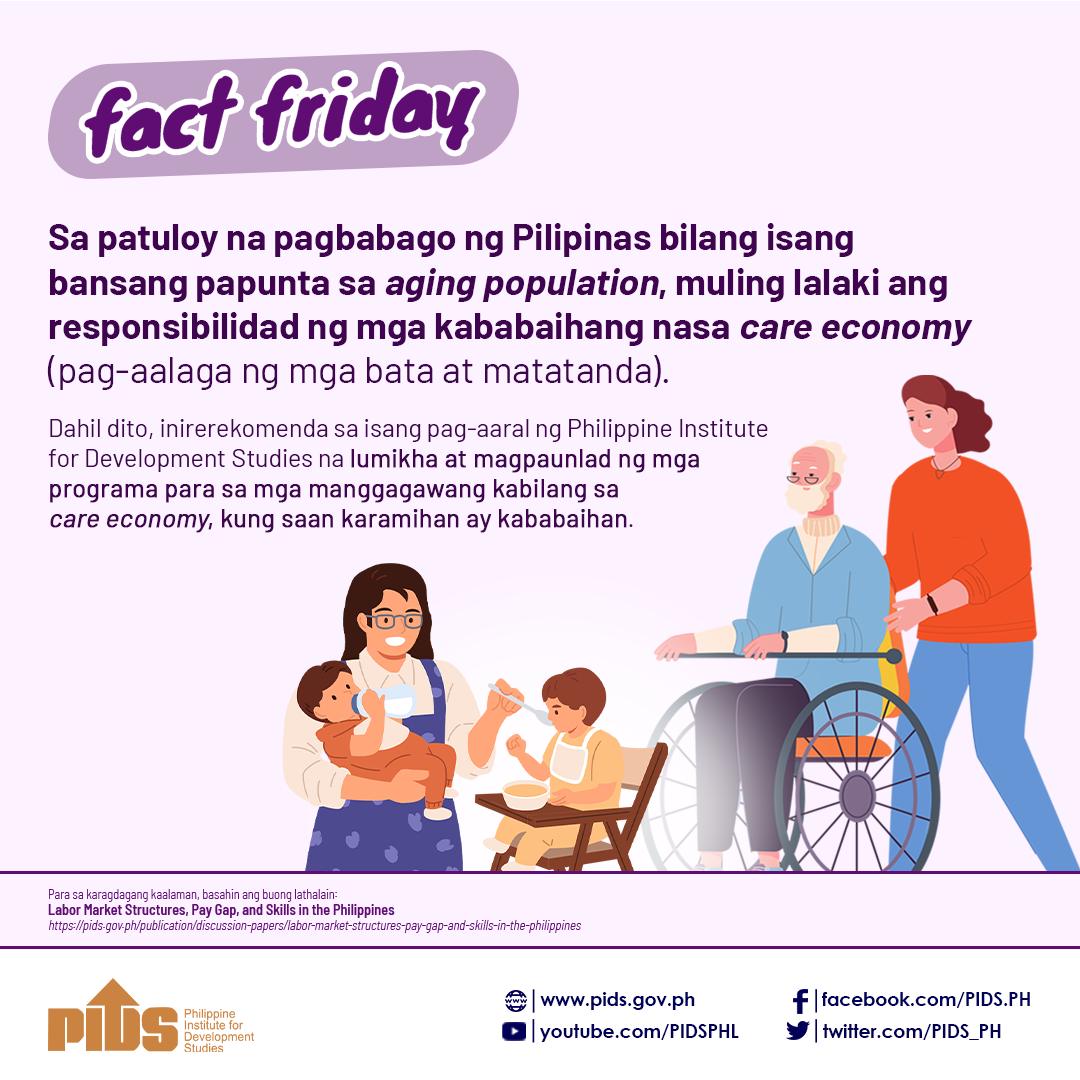DURING a disaster, women are often at greater risk of gender-based violence due to pre-existing inequalities exacerbated by crisis, according to Jean Clarisse T Carlos.
Ms Carlos, a project development officer at the Philippine Institute for Development Studies, highlighted the issue at the Global Development Conference plenary session on Environmental Policy, Governance and Implementation at USP this week.
She said cultural stereotypes, such as framing women primarily as caregivers, further restricted their access to critical resources, leadership roles and decision-making spaces.
“By adopting an intersectional lens, we ensure that policies address root causes of inequality and provide inclusive, equitable solutions that empower vulnerable populations while fostering resilience,” Ms Carlos said.
“As we discuss environmental policy and implementation, it is critical to ask ourselves – whose voices are being heard in the decision-making process, who benefits from the policies, and who is left behind?
“How do policies address — or fail to address — deep-rooted inequalities that affect participation, resource distribution, and resilience?”
Ms Carlos said by embedding inter-sectionality into environmental governance, there could be a movement toward more sustainable, inclusive and effective solutions.
“This means not only empowering marginalised groups to participate in decision-making but also recognising their unique contributions to resilience and sustainability.”

